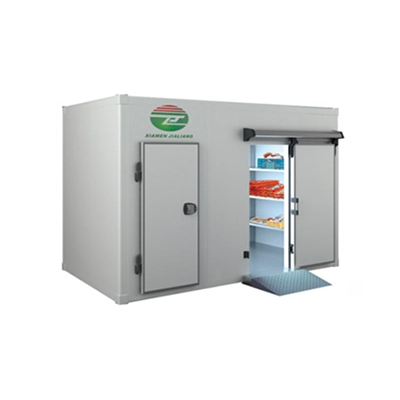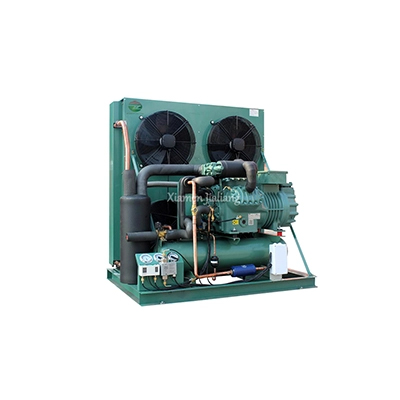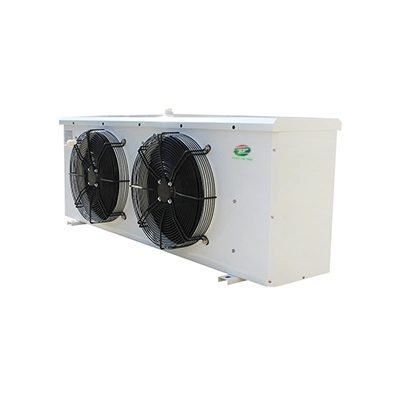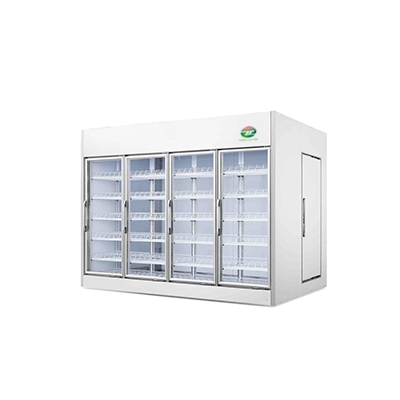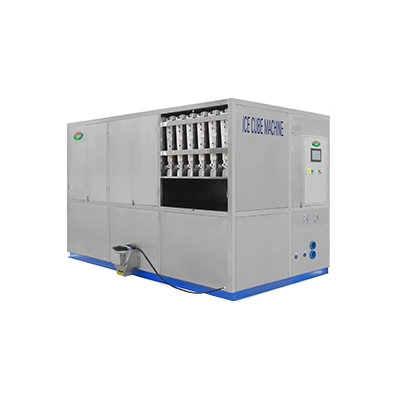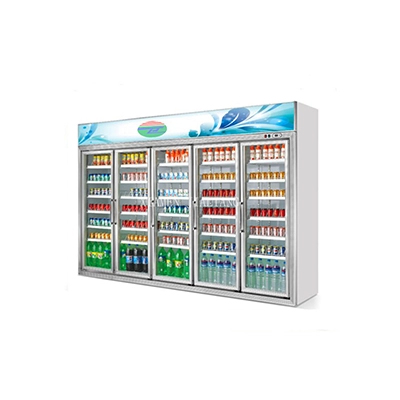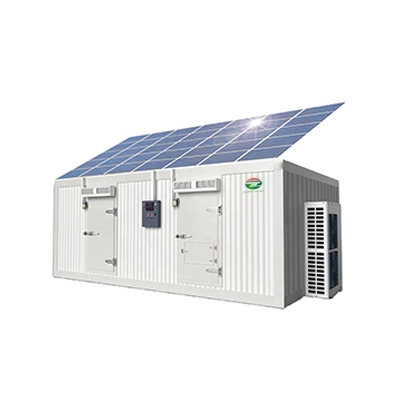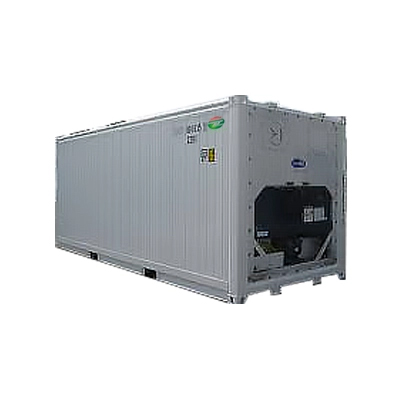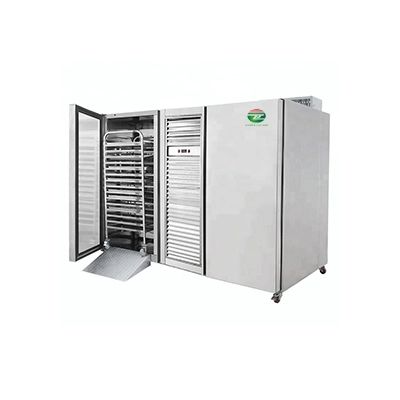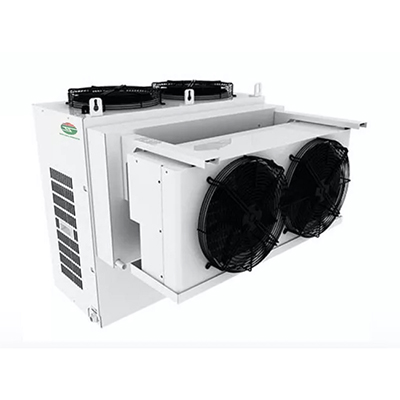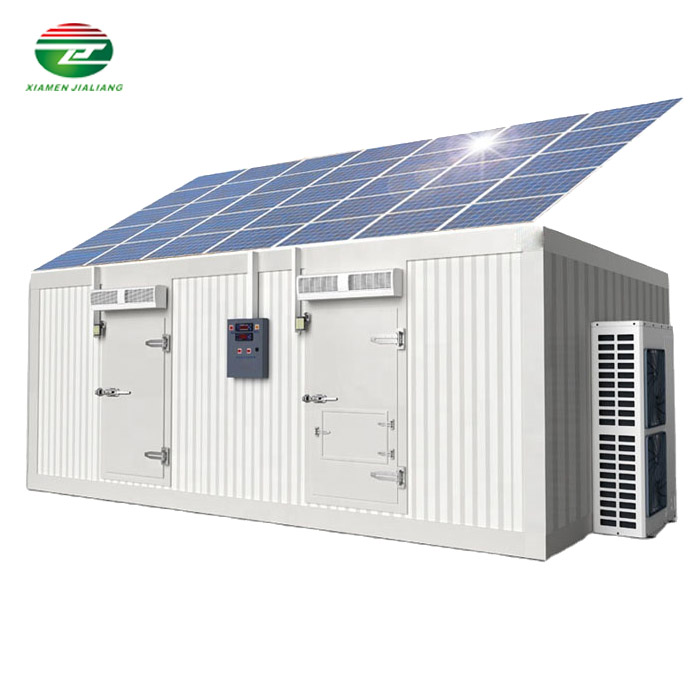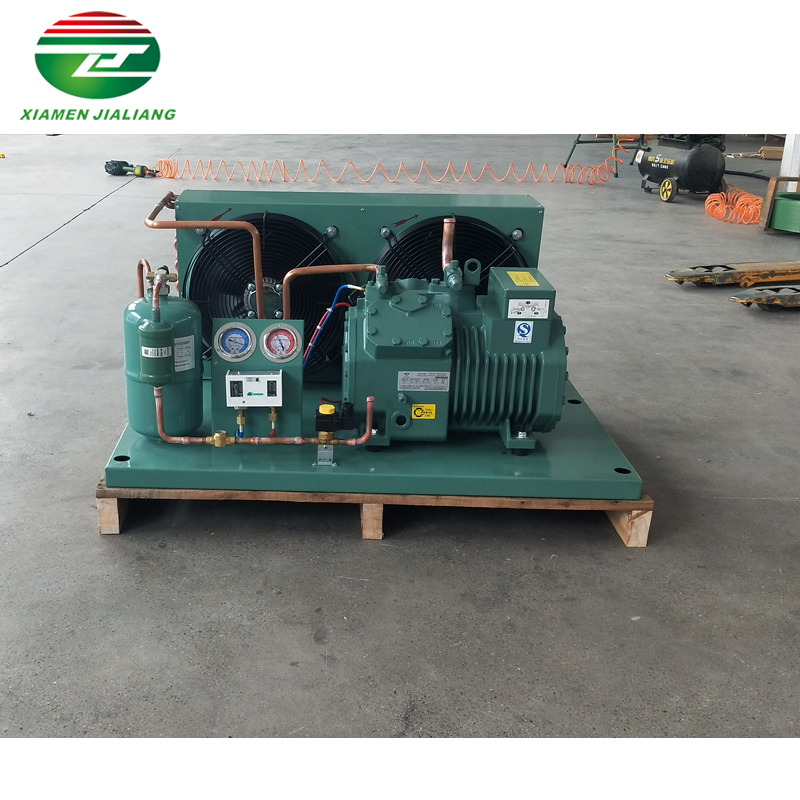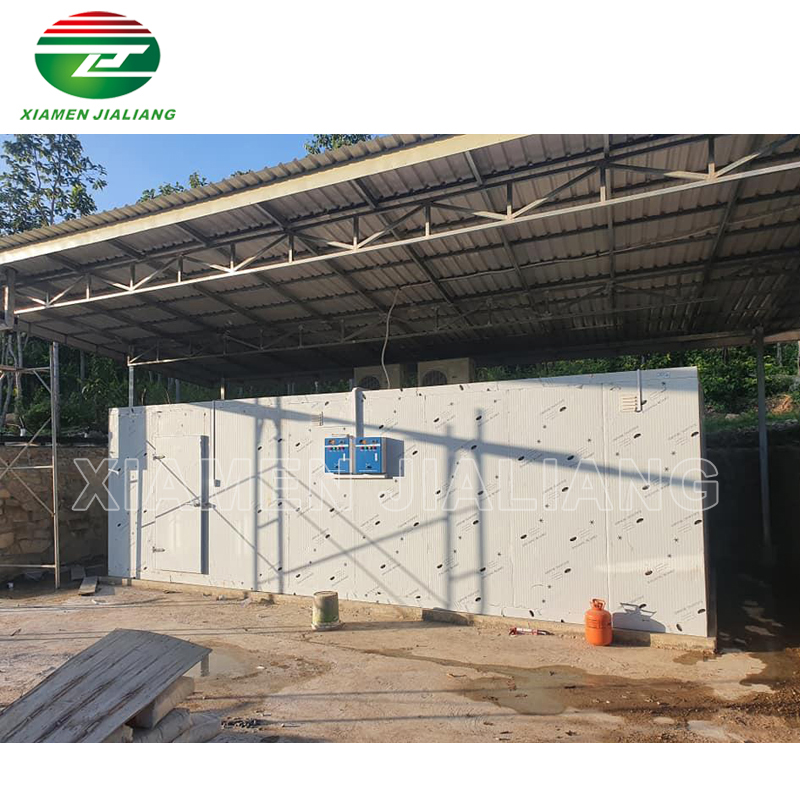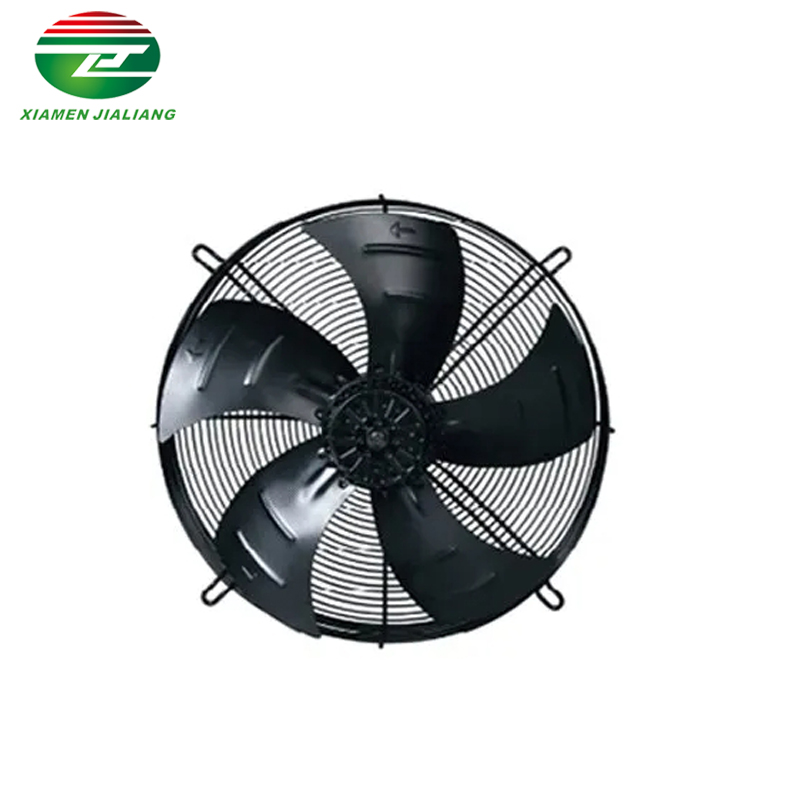From food preservation to biomedicine: analysis of the application of cold storage in diversified fields
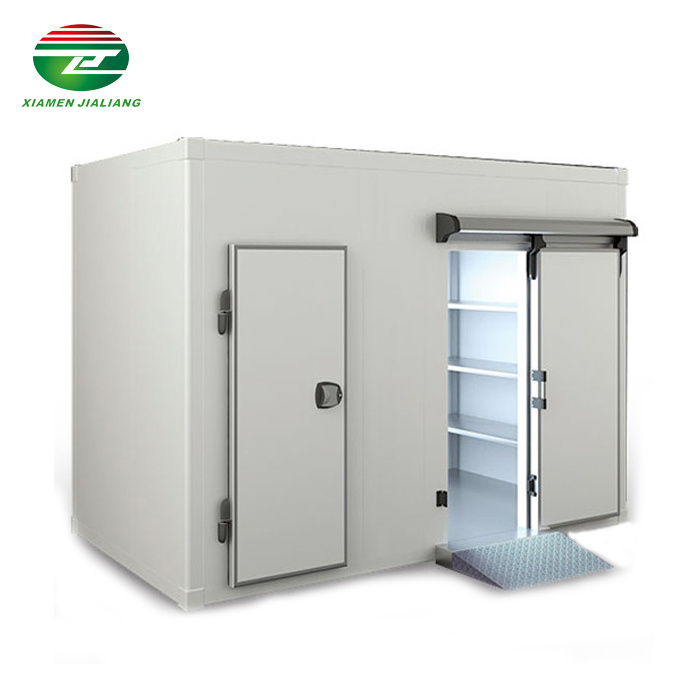
Cold storage technology has come a long way from its traditional use in food preservation to now being utilized in a variety of fields such as biomedicine and environmental science. In this article, we will delve into the diverse applications of cold storage and how it has revolutionized industries beyond just keeping perishable items fresh. From ensuring the safety and efficacy of pharmaceuticals in biomedicine to preserving environmental samples for research purposes, the use of cold storage continues to expand and evolve. Join us as we explore the innovative ways in which cold storage technology is making a significant impact in different sectors, highlighting its versatility and importance in today's rapidly changing world.
Food Preservation
Food preservation is an essential practice that has been utilized for centuries to help prolong the shelf life of food and prevent spoilage. One effective method of food preservation is the use of cold rooms, which are specially designed storage facilities that maintain low temperatures to slow down the growth of bacteria and mold.
Cold rooms are commonly used in various industries, including agriculture, food processing, and restaurants, to store perishable items such as fruits, vegetables, meat, and dairy products. By keeping these items stored at the optimal temperature, cold rooms help to preserve the quality and freshness of the food for a longer period.
In addition to extending the shelf life of food, cold rooms also play a crucial role in reducing food waste and minimizing the risk of foodborne illnesses. Proper food preservation techniques, such as using cold rooms, can help businesses save money by preventing the need to discard spoiled food and maintain high food safety standards.
Biomedicine
Biomedicine is a field that encompasses the intersection of biology and medicine, focusing on the development and application of advanced technologies to improve healthcare outcomes. One important aspect of biomedicine is the use of cold rooms for storing biological samples and medications at controlled temperatures to ensure their stability and integrity. These cold rooms are essential in research laboratories, pharmaceutical companies, and healthcare facilities to preserve the efficacy of vaccines, drugs, and other biological materials.
Cold rooms are designed to maintain specific temperature ranges, typically between 2 to 8 degrees Celsius, to prevent degradation and ensure the quality of the stored items. The precise temperature control in cold rooms is crucial for preserving the potency of vaccines and medications, as well as for conducting experiments and studies in research laboratories. In the field of biomedicine, where accuracy and reliability are paramount, cold rooms play a vital role in maintaining the integrity of biological samples and ensuring the success of medical research and development.
Environmental Science
Environmental science is a multidisciplinary field that focuses on understanding the interactions between the physical, chemical, and biological components of the environment. It seeks to address pressing issues such as climate change, pollution, and biodiversity loss. One area of environmental science that is gaining increasing attention is the design and operation of cold rooms.
Cold rooms play a crucial role in various industries, including food storage, pharmaceuticals, and research laboratories. These specialized facilities are designed to maintain low temperatures to preserve perishable goods and ensure the quality and safety of products. In recent years, there has been a growing emphasis on making cold rooms more energy-efficient and environmentally friendly.
By incorporating innovative technologies such as advanced insulation materials, energy-efficient refrigeration systems, and smart temperature control systems, companies can reduce their carbon footprint and minimize the impact of cold rooms on the environment. Additionally, proper maintenance and regular monitoring of cold room operations can help prevent leaks and minimize energy wastage.
Conclusion
Cold rooms are essential in the food industry for preserving perishable items, ensuring product freshness and safety for consumers. In biomedicine, they are critical for storing biological materials like vaccines and drugs, maintaining quality and effectiveness. Environmental science is shaping the future of cold room design, with a focus on sustainability and green technologies to reduce environmental impact and improve efficiency. As the demand for cold storage grows, businesses should prioritize environmental sustainability in their operations.

